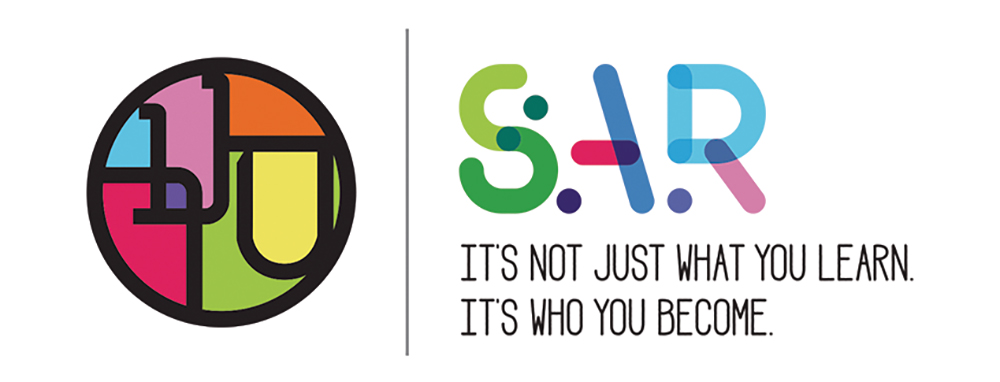So what are the top eight things to know about Shabbos Nachamu?
#1. Firstly, being joyous and celebrating Shabbos Nachamu is a custom with deep historical roots. The Maharil (1365 – 1427), in his Minhagim (27), explains that the entire nation should rejoice on this special Shabbos. He further writes that we should express our faith and conviction in the arrival of the redeemer who will surely comfort us.
#2. Because of this, it is worthwhile to treat this Shabbos differently than other Shabbosim. Indeed, the sefer entitled, “Drashos Even Shoiv” (Parshas Va’Eschanan), states that we should treat Shabbos Nachamu like a Yom Tov. This sefer was written by a student of the Rashba.
The Ritvah (Taanis 30b) indicates that the food preparations on this Shabbos should be like Yom Tov— in other words, the food should be more elaborate than for a regular Shabbos.
#3. Many shuls recite special piyutim on Shabbos Nachamu as well.
#4. Shabbos Nachamu also represents the first of the seven Shabbosim of Consolation prior to Rosh Hashanah. But aside from being the first, Shabbos Nachamu is different from the others. Of all the seven, it is only Shabbos Nachamu which contains this remarkable “Yom Tov” nature.
#5. Another aspect of the Yom Tov nature of Shabbos Nachamu lies in the fact that the Torah reading is always Parshas Va’eschanan — when we lein the Aseres haDibros – the Ten Commandments. This is a convention enacted by Chazal. The Chofetz Chaim (in his Biur Halacha to Orech Chaim 428) explains that this was enacted so that during the week immediately before Tisha B’Av we can read the reproach of both Moshe Rabbeinu in Parshas Devarim as well as that of Isaiah in the Haftorah.
Certainly, this is an important reason, to enable us to get the most out of Tisha B’Av and help direct our teshuva.
#6. But perhaps there is another reason, as well. Chazal tell us that there is no simcha, there is no joy like Torah. Last week, we read “Yismach Yissachar beOhalo —Yissachar, who dedicated himself to Torah study, will rejoice in his tent.” The Abarbanel and others explain that there is no simcha, no joy, like the joy of Torah. This then may be another reason why Shabbos Nachamu always falls when we read Parshas Va’Eschanan. The reading of the Aseres haDibros gives us joy. It uplifts, nourishes and restores —especially after having been deprived of it for close to 36 hours!
There is something different about Klal Yisroel; the collective neshama of the Torah nation is configured with a different operating system, one that finds joy and meaning in Torah itself. We are only truly happy and we only thrive on account of Torah.
We have just witnessed grave tragedies. The day that commemorates the destruction of both palaces of Hashem — the Batei Hamikdash. Klal Yisroel needs a reprieve, a salve for our affliction and ailments. There is no better salve than that of Torah and the receiving of it.
#7. Many have the minhag to immerse in the mikvah on Shabbos Nachamu — even those who do not do so normally on a Shabbos morning. And, of course, the minhag is to honor the rav of the shul with the aliyah of the reading of the Aseres HaDibros (See Magen Avrohom 428:8). These minhagim reinforce the joy and exaltation of the day.
It is suggested that just as the Chofetz Chaim tells us that this special enactment was made so that the Haftorah will inform the impending day of Tisha B’Av, so too should we look at this Haftorah to inform how we conduct ourselves. We should once again serve Hashem in happiness. The period of mourning is over, and we should once again find joy in our lives.
As in every Yom Tov, indeed, in every aspect of human endeavor, the more we prepare for something the more meaning we ultimately can derive from it.
So, while it is still early, let’s go out and shop for a few extra delicacies for Shabbos Nachamu. Let’s hug our children. Let’s enjoy our older relatives. Let’s be tolerant of the foibles of others. Let’s appreciate the gifts that HaKadosh Boruch Hu bestowed upon us —especially the gift of Torah that is embodied in the reading of the Aseres HaDibros. And most importantly — “Nachamu, nachamu ami.” (“Be comforted, be comforted, my people.”)
#8. And one last thought: The Dubno Maggid explains the double wording of “Nachamu, nachamu ami” as follows: Be comforted because I, Hashem, am asking for your comfort, and that is the greatest nechama of all.
The author can be reached at [email protected]









